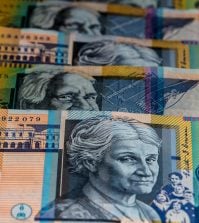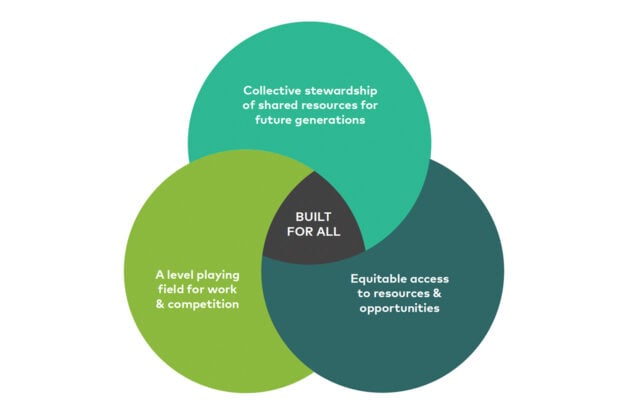Rising corruption costs Australia up to 4% of GDP, says think tank

Australia’s slide down a global corruption ranking has cut the size of its economy by up to AUD$72.3bn (US$57bn), a Canberra think-tank has claimed.
The country’s latest GDP figures could have been 4% higher if it had maintained its 2012 ranking in Transparency International’s annual Corruption Perceptions Index (CPI), which measures perceived levels of corruption in public service, according to a report by The Australia Institute (TAI).
Australia dropped six places from seventh to 13th position in the global ranking, with its score falling from 85 to 79 between 2012 and 2016, a trend reflected in polls within the country, which showed trust in government was at a record low, the report published on Wednesday states.
The costs of corruption
The TAI study came as the Public Service Commission’s State of the Service report for 2016-17 found that 5% of public servants – 4,900 employees – had witnessed corrupt behaviour in a colleague; up from 2.6% in 2013-14. Cronyism and nepotism were the most common types of graft reported.
TAI drew on analysis by professional services firm PwC indicating that each point lost on the CPI was associated with a fall of AUD$486 in GDP per capita. It multiplied the figure by Australia’s population of 24.8 million to reach the total potential reduction in GDP of AUD$72.3bn – or four per cent of the country’s AUD$1.78 trillion (US$1.2 trillion) GDP in 2017.
Call for commission

The headquarters of Transparency International in Berlin (Image courtesy: HdeK).
The report concludes that the Australian government should set up a federal anti-corruption commission to shore up public trust in government and show international companies that the country is serious about tackling corruption.
TAI research director Rod Campbell, who co-authored the report, said: “The economic impacts of corruption are well-known. Business costs increase, capital is not allocated efficiently and inequality worsens.
“Australia needs policies to address this threat to our economy. A federal [commission] with teeth is needed to increase public trust and tackle the perception of corruption in Australia… This research shows that the business community also has a stake in perceptions of corruption and should be supporting calls” for a commission.
A study published in December by Australia’s Centre for Policy Development – which is chaired by Terry Moran, former secretary to the Department of the Prime Minister and Cabinet – found that 77% of Australians wanted a federal anti-corruption commission to be set up.
However, a parliamentary committee that reported on the issue in September stopped short of recommending such a body, calling instead for the federal government to give the proposal careful consideration.





















